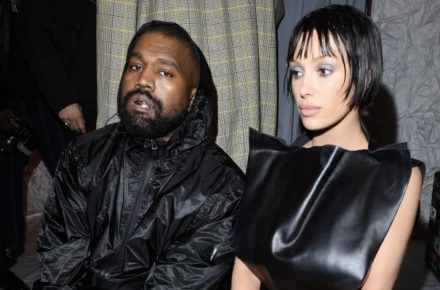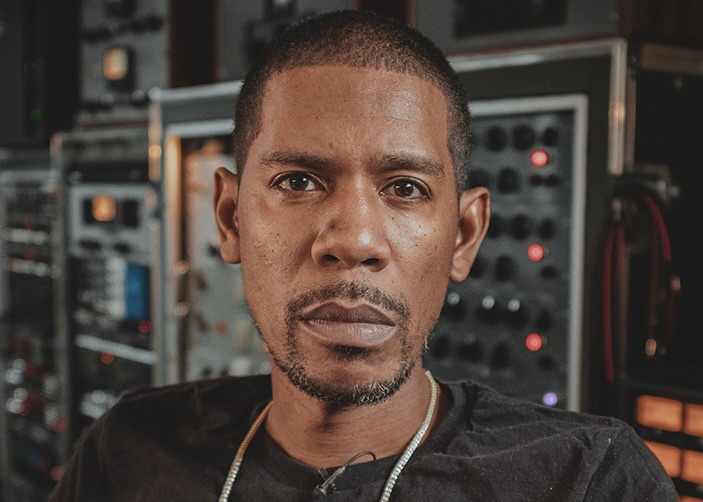An AI-generated reference track for the iconic song “Still D.R.E.” was dropped in our DMs by an anonymous Reddit user, and we knew we needed to share it. Despite being clearly artificial, it’s surprisingly cathartic to listen to.
To explain, hip-hop is aging. Die-hard fans in their late 30s to early 40s have endured years of lore from the pre-internet era. For example:
- There’s no footage of Biggie and 2Pac freestyling at Madison Square Garden.
- Nas never returned to the studio to record his remix verse for Biggie’s “Gimme The Loot.”
- We never got the ‘more savage’ original version of Nas’ “Ether.”
The list goes on, but the fabled reference track for “Still D.R.E.,” arguably the West Coast Zeus’ signature record, remains one of the most elusive. Andrew Barber once tweeted, “I’d pay top dollar to hear Hov’s reference track for ‘Still D.R.E.’ Doing both Snoop and Dre’s part. It’s out there. Somewhere.”
Jay-Z wrote the song for Dr. Dre and Snoop for the 1999 album 2001, allegedly creating a reference track where he imitated both their flows. Snoop Dogg even revealed that Hov wrote the entire track in less than an hour.
“Still D.R.E.” was a commercial success, peaking at No. 93 on the Billboard Hot 100 and No. 30 on the Hot R&B/Hip-Hop Songs chart. The single was certified platinum by the RIAA in 2022, signifying over 1 million units sold.
The song significantly contributed to the success of 2001, which debuted at No. 2 on the Billboard 200 and has been certified 6x platinum, selling over 6 million copies in the U.S. alone.
While the original recording, if it still exists, will likely never see the light of day, the AI version oddly scratches the itch.
Ethics in AI Music
To be clear, we fundamentally oppose the exploitation of AI music. For example, using Drake, The Weeknd, and others to create brand new songs with “original” lyrics and monetizing those records is unacceptable. However, there’s a grey area concerning reference tracks.
An example would be Cipha Sounds replacing the more or less cancelled Diddy on “All About The Benjamins” with Jadakiss, who actually wrote the original verse. There are also instances of AI being used for positive purposes, like reconstructing The D.O.C.‘s original voice (from before his accident) to help him make new music.
Seeing the technology used in powerful ways that don’t take food off plates and simultaneously help fans fill in blank spots is as inspiring as it is inevitable.






